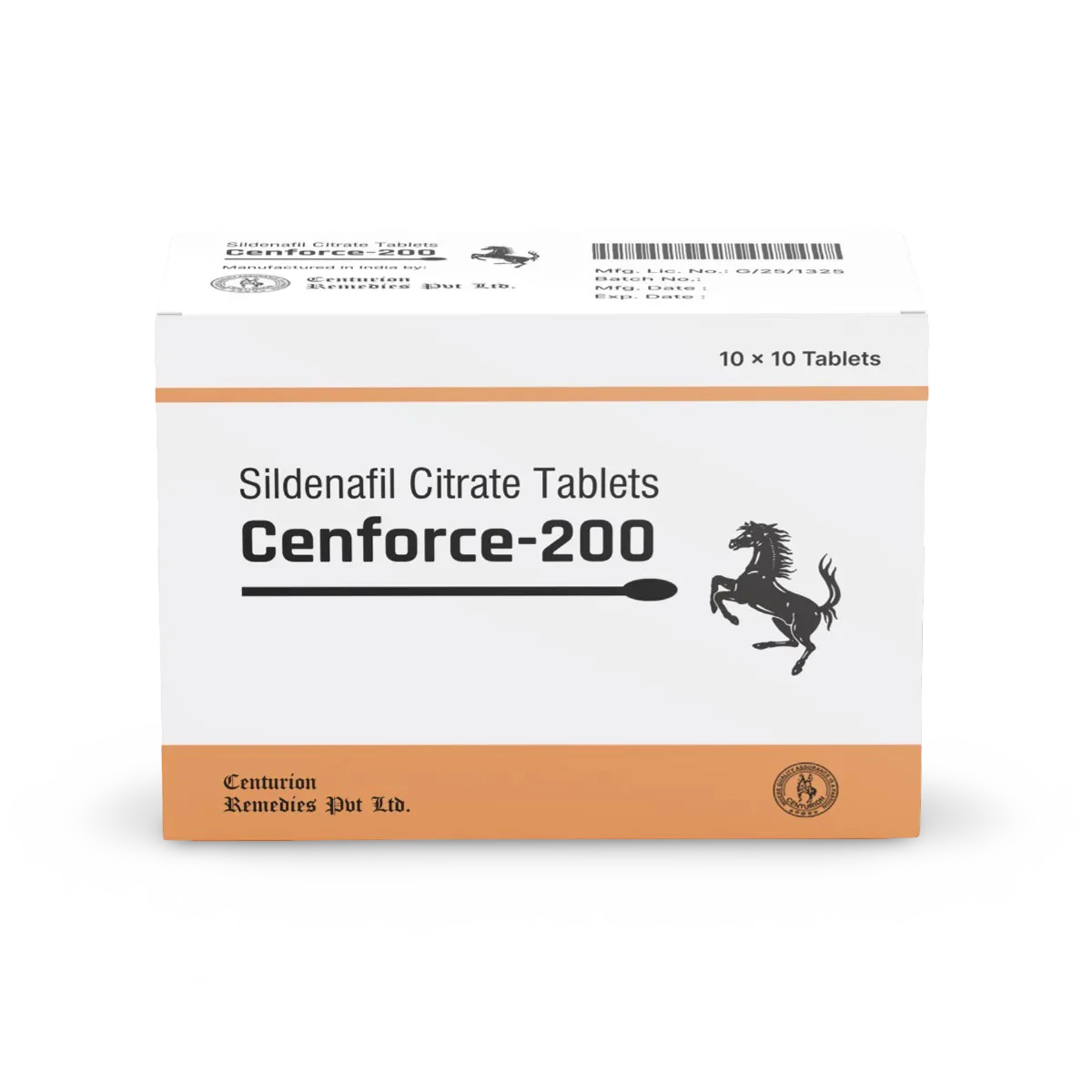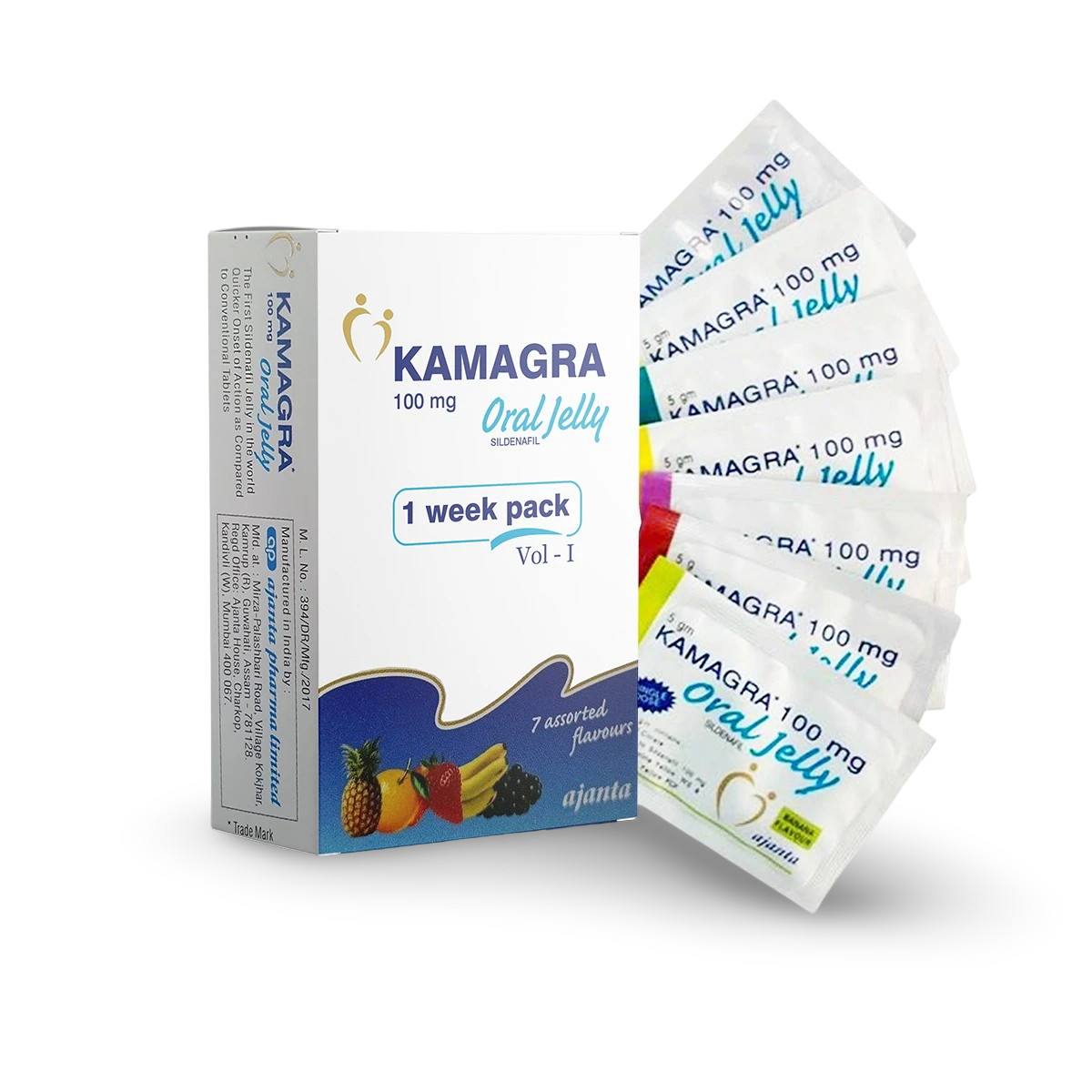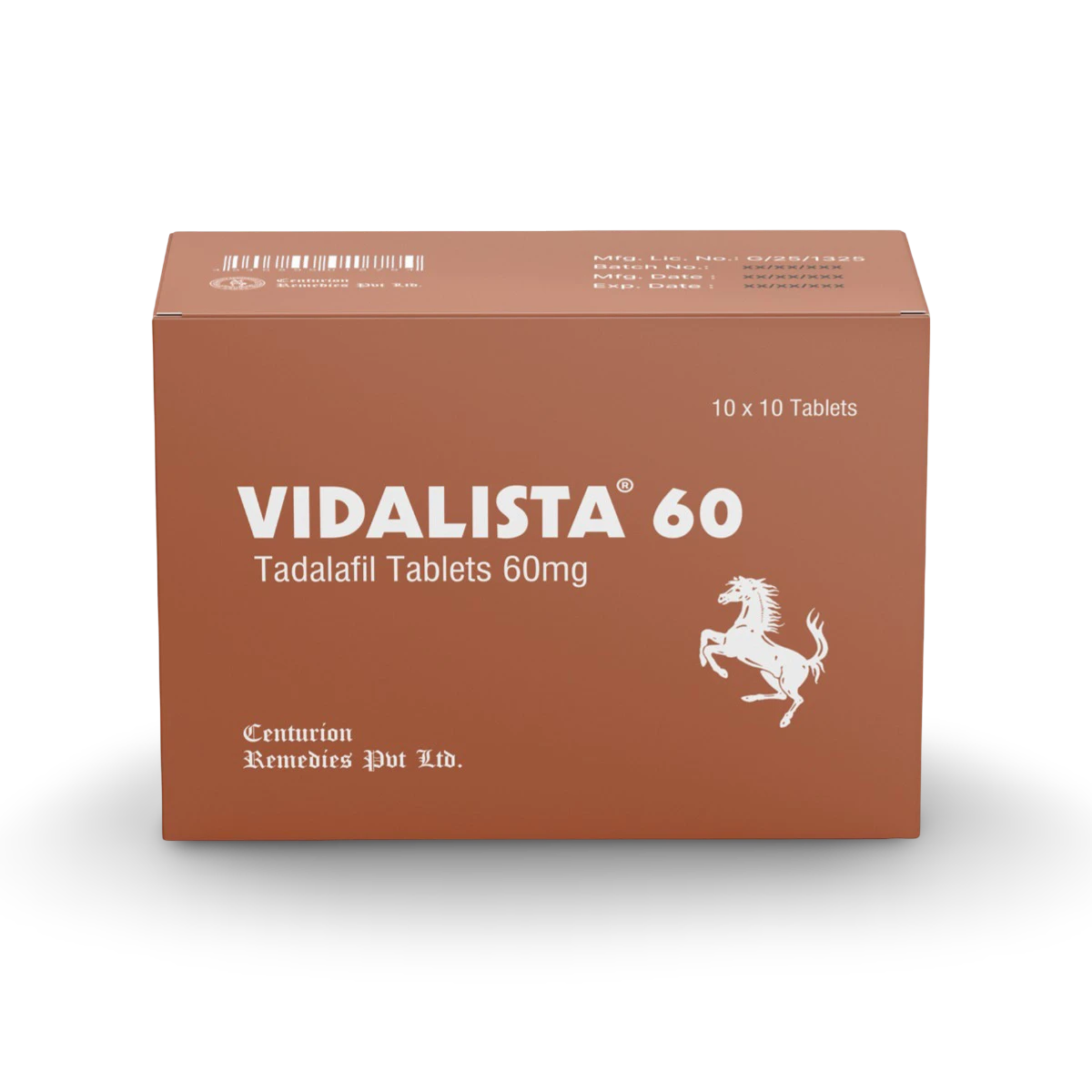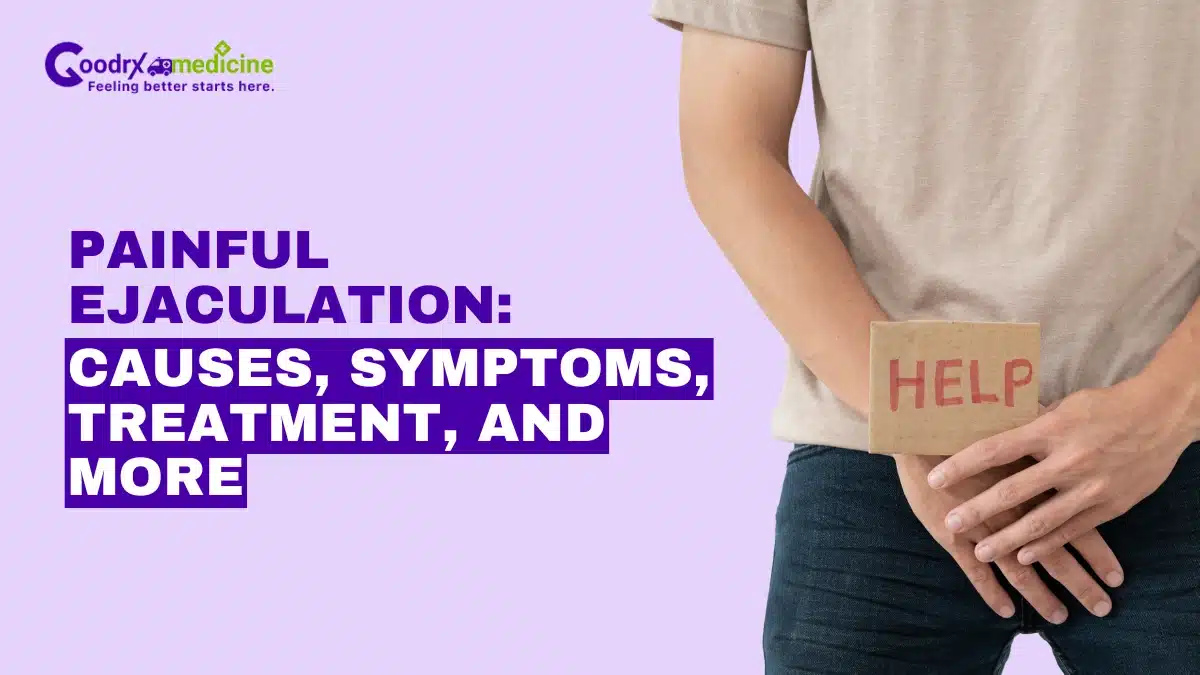Ejaculation is a natural physiological process, triggered by sexual stimulation. It is the release of semen from the penis during the peak of arousal. It is essential in reproduction and is usually a sign of a healthy sexual response.
However, for some men, this process can become disrupted, sometimes leading to pain or discomfort during or after orgasm, a condition known as painful ejaculation. While less frequently talked about, it can disrupt one’s life, significantly affecting a man’s sexual health, emotional well-being, and intimate relationships.
Understanding its crux, including the potential causes, risk factors, and available therapies, is essential for individuals experiencing this condition. This article discusses the common reasons behind painful ejaculation, its associated symptoms, diagnostic approaches, and effective management strategies.
What is painful ejaculation?
Painful ejaculation, medically referred to as Dysejaculation or Dysorgasmia, is a condition in which a person experiences discomfort or pain during or after the release of semen.
This pain can range from mild to severe and may be felt in areas such as the penis, testicles, perineum, which is the area between the scrotum and anus, or lower abdomen. The sensation typically occurs at the moment of ejaculation but can also persist afterward.
Save up to 90% on your medicine bills

Cenforce 100 mg

Cenforce 200 mg

Kamagra Oral Jelly Rx 100 mg

Vidalista 60 mg
What are the causes of painful ejaculation?
Painful ejaculation can be caused by a variety of physical, neurological, infectious, and psychological factors, ranging from prostate problems, infections, and nerve injuries to medication side effects and emotional stress
The potential causes of painful ejaculation include:
- Urinary Tract Infections (UTIs)
- Prostatitis (prostate gland inflammation)
- Epididymitis (inflammation of the epididymis)
- Sexually Transmitted Diseases (STDs)
- Urethritis (inflammation of the urethra)
- Prostate inflammation
- Enlarged prostate (Benign Prostatic Hyperplasia)
- Dysfunction or stress in the pelvic floor muscles
- Certain anatomical disorders in the reproductive system
- Psychological difficulties like worry, stress, or traumatic experiences in the past
What are the symptoms of painful ejaculation?
Painful ejaculation may result in various symptoms that vary among men depending on the underlying cause.
Some common symptoms of painful ejaculation include
- Discomfort or pain when ejaculating
- Pain in the pelvic region
- Difficulties initiating and stopping the urine
- Frequent urination
- Burning sensation during urination
- Sexual Dysfunction, such as Erectile Dysfunction
- Diminished sexual desire
Following ejaculation, the pain might continue for a few minutes or up to 24 hours. It can range from being incredibly light to quite severe.
Diagnosing the cause of painful ejaculation
An examination by a medical expert and a series of tests are often required to identify the reason for painful ejaculation. The diagnostic procedure might vary based on your unique situation and the healthcare provider’s assessment. It includes:
1. Medical history
Your doctor will start by thoroughly reviewing your symptoms and getting information regarding the type, severity, and duration of the pain.
They could ask whether you’ve recently experienced a change in sexual behavior.
They may also assess you for any underlying medical issues or if you are taking any medications.
2. Physical examination
Your general health and the condition of your genitals, prostate, and pelvis can be assessed during a physical examination.
The doctor may examine you for anomalies, discomfort, or infection symptoms.
3. Blood and urine testing
Your physician may prescribe laboratory testing, such as urine analysis or blood tests, to look for indications of infection, inflammation, or other potential underlying causes of painful ejaculation.
4. Sexual history
To figure out whether Sexually Transmitted Infections could be a potential cause for painful ejaculation, your doctor may ask about your sexual history, particularly any recent changes in sexual partners or practices.
5. Imaging studies
In some circumstances, imaging tests, like an ultrasound or Magnetic Resonance Imaging (MRI), may be advised to evaluate any problem within the genitourinary system (consisting of the urinary and reproductive systems).
6. Specialist consultation
Depending on the probable reason, your doctor could send you to a specialist, such as a urologist or a sexual medicine expert. They may suggest some specialized testing if required.
Painful ejaculation treatment options
The underlying cause will determine the best course of treatment for painful ejaculation. Medication, physical therapy, psychotherapy, and lifestyle modifications are possible treatments.
Treating the underlying cause may ease the discomfort if painful ejaculation is brought on by a medical condition, such as a Urinary Tract Infection, Prostatitis, or a Sexually Transmitted Disease.
Here are some treatment options for painful ejaculation.
1. Oral Medications
Your doctor may prescribe medications to help manage the discomfort, depending on the precise cause of painful ejaculation. For instance, Nonsteroidal Anti-inflammatory medicines (NSAIDs) or other painkillers may be suggested if the pain is caused by inflammation. Antibiotics and antiviral medications can also be prescribed for infections.
2. Therapy
Therapies for painful ejaculation include physical, psychological, and interdisciplinary approaches, including pelvic floor physical therapy and psychological counseling, as well as pain management strategies.
- Pain relief and enhanced sexual function can be achieved using pelvic floor exercises, breathing exercises, or other activities suggested by a physical therapist.
- Psychotherapy or counseling may be beneficial if psychological concerns, such as stress, worry, or marital problems, bring on the discomfort experienced during ejaculation.
- Pain management with prescribed analgesics or anti-inflammatory medication may be recommended alongside specific therapies for symptom control.
3. Lifestyle changes
Changing some aspects of your lifestyle can also help manage painful ejaculation. This might involve using relaxation methods, following a balanced diet, exercising regularly, and abstaining from substances like alcohol and cigarettes that might worsen symptoms.
Home remedies for painful ejaculation
It is essential to seek medical advice to identify and treat the underlying cause of painful ejaculation. However, specific home remedies might help reduce symptoms or offer short-term relief.
1. Cranberry juice
Cranberry juice and supplements help treat urinary infections, including certain sexually transmitted illnesses. When cranberry juice is consumed, Escherichia coli (a group of bacteria that can cause infections) cannot adhere to the bladder or other regions of the urinary system. This might reduce urinary symptoms, lessen localized inflammation, and relieve painful ejaculation.
2. Echinacea
Echinacea has antimicrobial properties that inhibit Hyaluronidase, an enzyme that promotes inflammation. It is often used for infections and inflammation of the prostate and urinary system, which may help alleviate symptoms when these are the underlying factors. This treatment is frequently suggested for prostate gland and urinary system infections and inflammation.
3. Turmeric
Turmeric contains curcumin, a compound with anti-inflammatory effects. It helps treat Prostatitis and lessens the patient’s symptoms of ejaculatory discomfort. This particular phytonutrient is highly beneficial for people suffering from painful ejaculation.
4. Quercetin
Quercetin decreases the expression of pro-inflammatory chemicals and oxidative stress, which may benefit men experiencing painful ejaculation related to inflammation..
Together, these characteristics ease discomfort, which may lessen the likelihood of an uncomfortable orgasm.
Conclusion
Painful ejaculation brings unwanted stress due to the discomfort caused by the pain after ejaculation. Several factors, including underlying medical conditions, infections, psychological issues, or nerve damage, might contribute to painful ejaculation.
Recognizing the symptoms and causes can help get the proper treatment. Medication, physical therapy, psychotherapy, lifestyle changes, and treating underlying diseases can help reduce the symptoms.
While home remedies like warm compresses, turmeric, cranberry juice, echinacea, and quercetin may offer temporary comfort, they shouldn’t substitute professional medical advice. To treat painful ejaculation effectively, consulting a healthcare expert is essential for a thorough assessment, precise diagnosis, and individualized treatment plan.

Frequently Asked Questions
Why does it burn when I ejaculate?
A burning sensation during ejaculation is usually caused by infections or inflammation in the male reproductive or urinary systems. Common causes include Prostatitis (prostate inflammation), Urethritis (urethral inflammation), sexually transmitted diseases, physical irritation or injury, pelvic nerve problems, and certain medications.
When should I see a doctor?
You should seek medical advice if you experience pain during ejaculation, especially if it is persistent, severe, or accompanied by other symptoms such as blood in semen, urinary problems, or fever, to identify and treat underlying causes.
Can diet or lifestyle changes help with painful ejaculation?
Yes, avoiding irritants such as alcohol, caffeine, and spicy foods may reduce symptoms. Staying hydrated and practicing good genital hygiene can also help. Stress management techniques might improve symptoms, especially in chronic cases.
Can painful ejaculation occur without infection?
Yes, Chronic Pelvic Pain Syndrome (nonbacterial Prostatitis) can cause painful ejaculation without detectable infection. Its treatment is often more complex and may include pain management and physical therapy.
When referencing outside resources, GoodrxMedicine always provides full citations. To learn more about the measures we use to maintain the quality of our content, please review our Content Information Policy.











